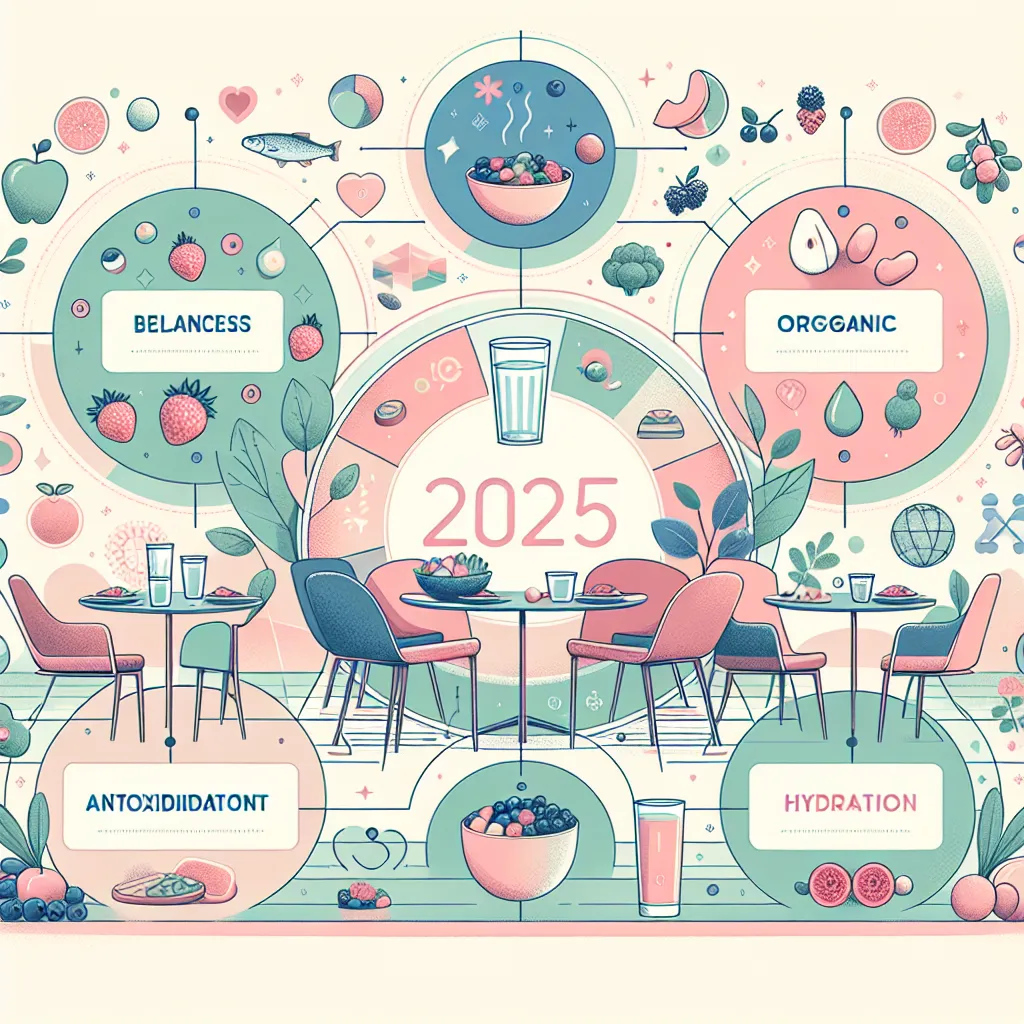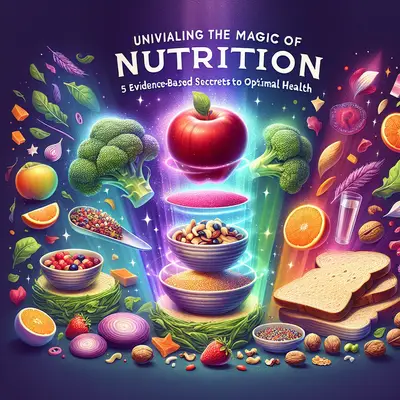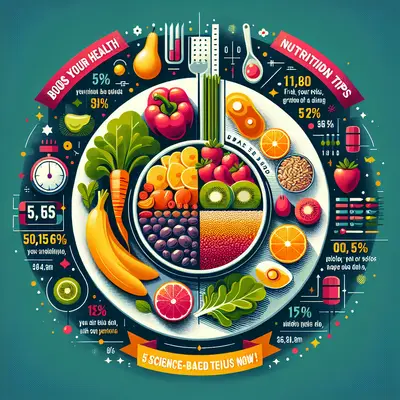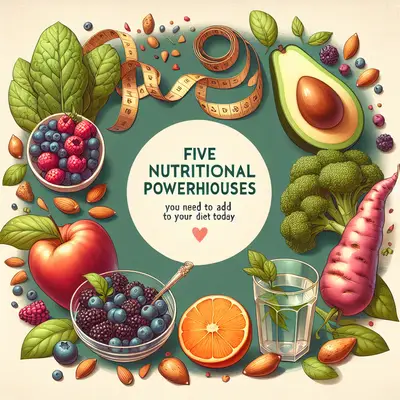Personalized Nutrition
Personalized nutrition, powered by advancements in genomics and biotechnology, is transforming the way we approach diet and wellness. By accounting for individual factors such as genetics, gut microbiome, and lifestyle, personalized nutrition offers unique dietary recommendations tailored to optimize individual health outcomes. The rise of personalized nutrition represents a shift from a one-size-fits-all approach to a more individualized strategy.
Rise of Plant-Based Protein
The shift towards plant-based diets is not new, but the focus on plant-based proteins certainly is. From peas to hemp to fungi, the variety of plant-based proteins available is expanding. They are not only a sustainable option but also provide essential nutrients, like fiber and antioxidants, that animal proteins lack. They are beneficial for heart health, weight management, and may also reduce the risk of certain diseases.
The Power of Probiotics
Probiotics, live bacteria and yeasts beneficial for our digestive system, have stepped into the limelight. The importance of gut health for overall wellness is now well-recognized, and probiotics play a crucial role in maintaining a healthy gut microbiome. From supplements to probiotic-rich foods such as yogurt, kefir, and fermented vegetables, incorporating probiotics into our diet is becoming easier and more popular.
The Emergence of Nutraceuticals
Nutraceuticals, products derived from food sources with extra health benefits beyond basic nutritional value, are gaining significant attention. From enhancing immune function to managing chronic diseases, nutraceuticals offer numerous health benefits. They come in various forms including dietary supplements, functional foods, and medical foods, expanding the possibilities for integrating them into our daily regimen.
Sustainable Diets
Sustainability in nutrition is more than just a trend—it's a necessity. As awareness of the environmental impact of our food choices grows, sustainable diets are becoming more mainstream. These diets emphasize plant-based foods, local and seasonal produce, and minimal food waste. By adopting sustainable diets, we can contribute to planetary health while also nurturing our own health.
Conclusion
Navigating the landscape of nutritional trends can be challenging, but staying informed is key to making the best decisions for our health. Whether it's personalized nutrition, plant-based proteins, probiotics, nutraceuticals, or sustainable diets, these trends offer exciting possibilities for enhancing our wellness journey in 2025 and beyond. Always remember, before making any significant changes to your diet or supplement routine, consult with a healthcare provider to ensure they align with your individual health needs.



